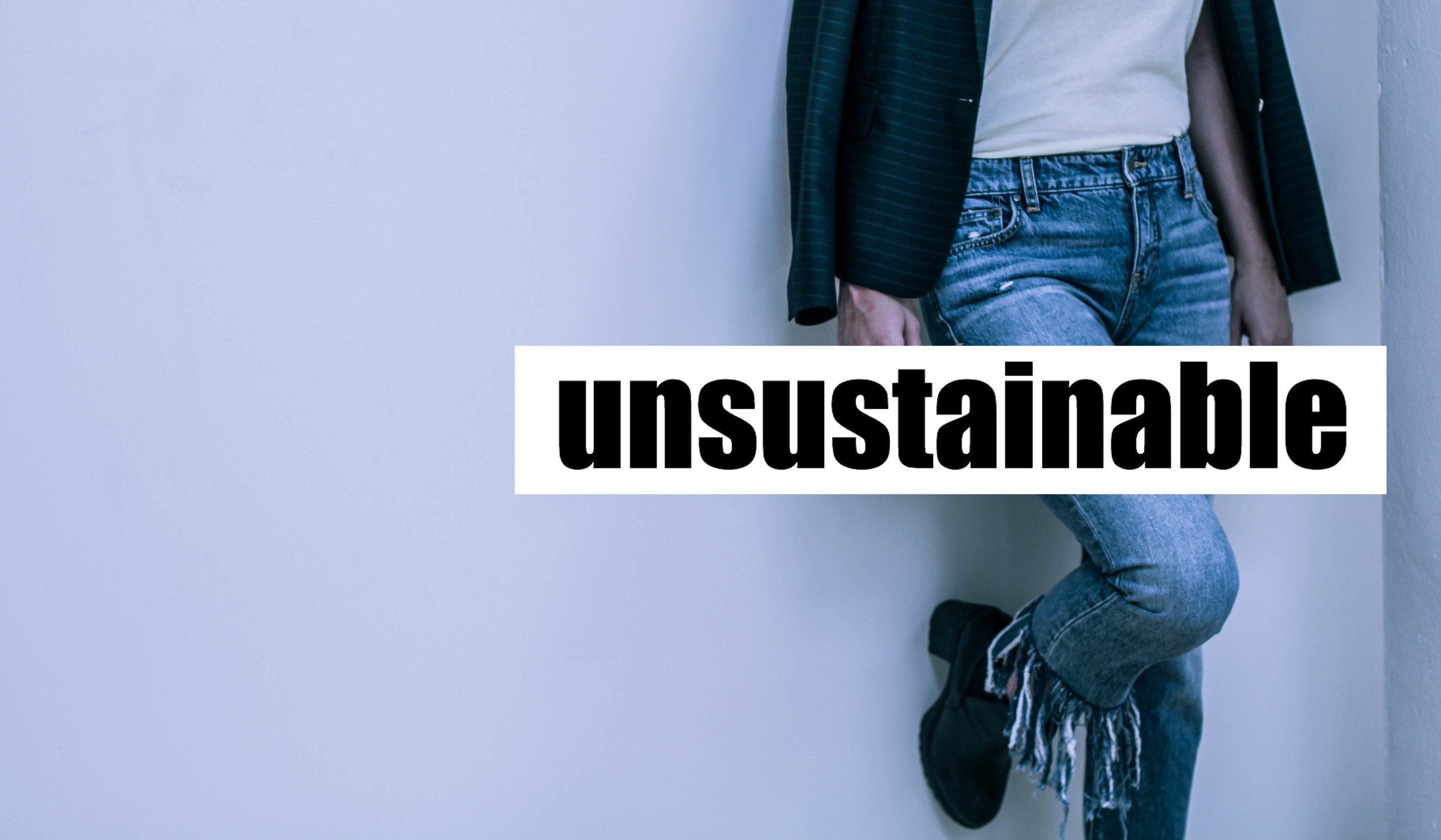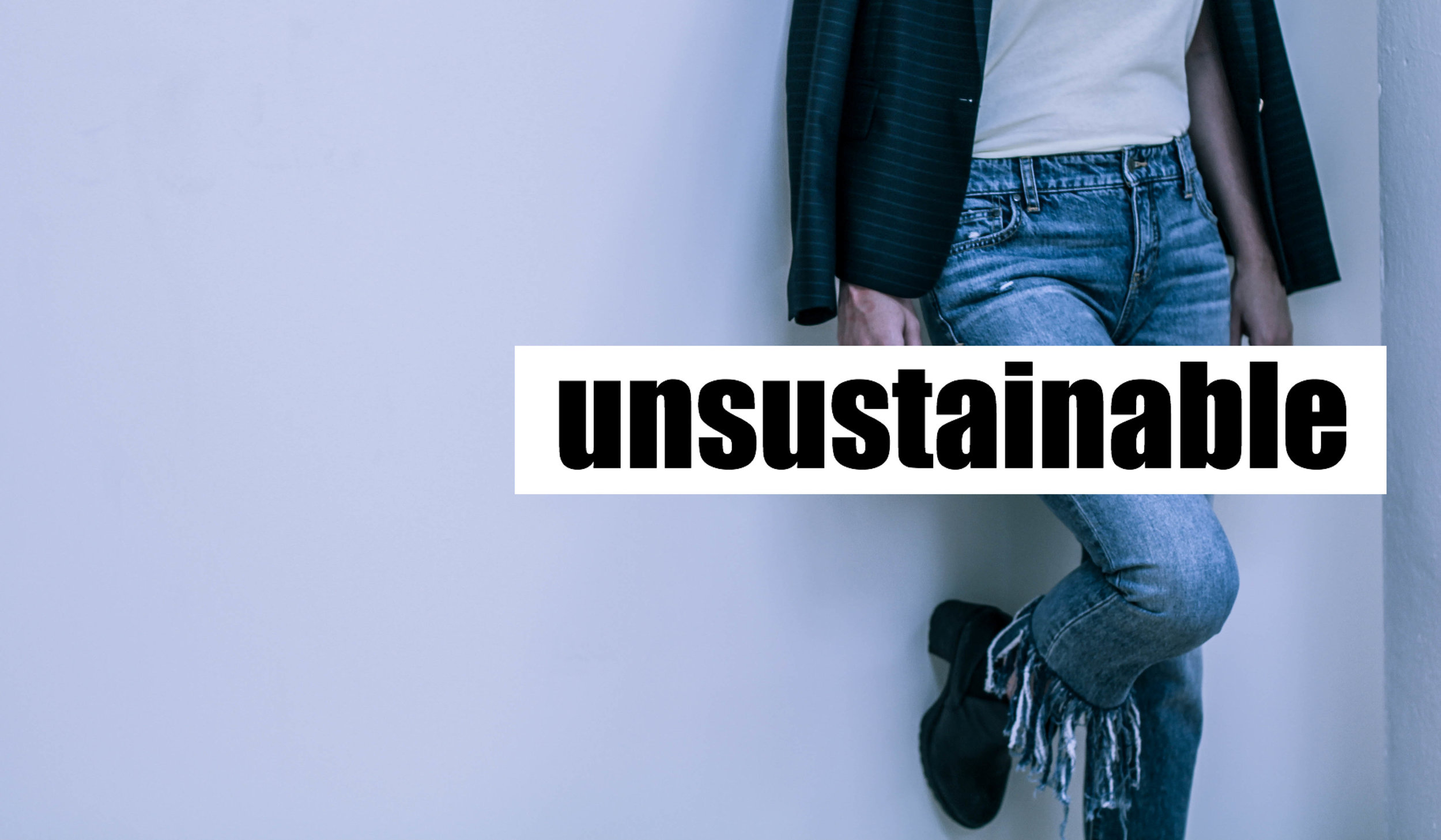Your Weekly Shopping Sprees are Killing the Planet
Retail therapy is called therapy for a reason. There’s nothing like the excitement of walking through your favorite store and picking up a cute new find. Your heart flutters and head rushes; it’s a thrill like no other. But, while we enjoy the bliss of our shopping sprees, we often fail to realize the negative implications that our shopping habits can have, and not just on our bank accounts.
Fast fashion is a term that describes when production is sped up so that trends are introduced to the market at a quicker pace and cheaper price. What this means for the average shopper is that there are new styles at stores like H&M, Zara and Forever 21 every week. As fun as it sounds, fast fashion is a double-edged sword.
Fast fashion is criticized for encouraging a throwaway attitude among shoppers, which is categorized by getting rid of clothes that are no longer on trend to reinvent your closet with newer looks. According to the National Center for Biotechnology Information, Americans throw away more than 68 pounds in clothing per person each year. The rise of online shopping has escalated mass consumerism; just a few clicks and you can have a whole new wardrobe.
Esquire reported that with people buying new clothes so often, the amount of production needed to meet the demand is creating major environmental issues. It takes an immense amount of electricity and power to produce immense amounts of clothing. The fashion industry is responsible for 10 percent of all carbon emissions around the world. Not to mention, textile factories are lazy when it comes to recycling toxic waste properly.
Now, some brands have taken steps to become green. Reformation, a popular upscale clothing brand based in LA, prides itself on using sustainable methods and materials while still producing beautiful, quality garments. The issue still holds that many people don’t have the luxury of being environmentally friendly shoppers; people will continue to shop fast fashion retail because it’s cheaper. Let’s be honest, it’s easier to buy that $12 crop top from H&M than the organic cotton blouse for $50.
So maybe we aren’t ready to spend bank on sustainable clothing, but we can work on stoping throwaway culture. Don’t go to Destiny USA every weekend and keeping buy clothes that you know you’ll get sick of after wearing four times to DJs. Invest in quality pieces you’ll want to wear for a long time and every time you are tempted to throw away a perfectly fine piece of clothing or buy something new that you don’t need, just think, I’m hurting the planet and I’m no better than people who litter (and nobody likes people who litter).



